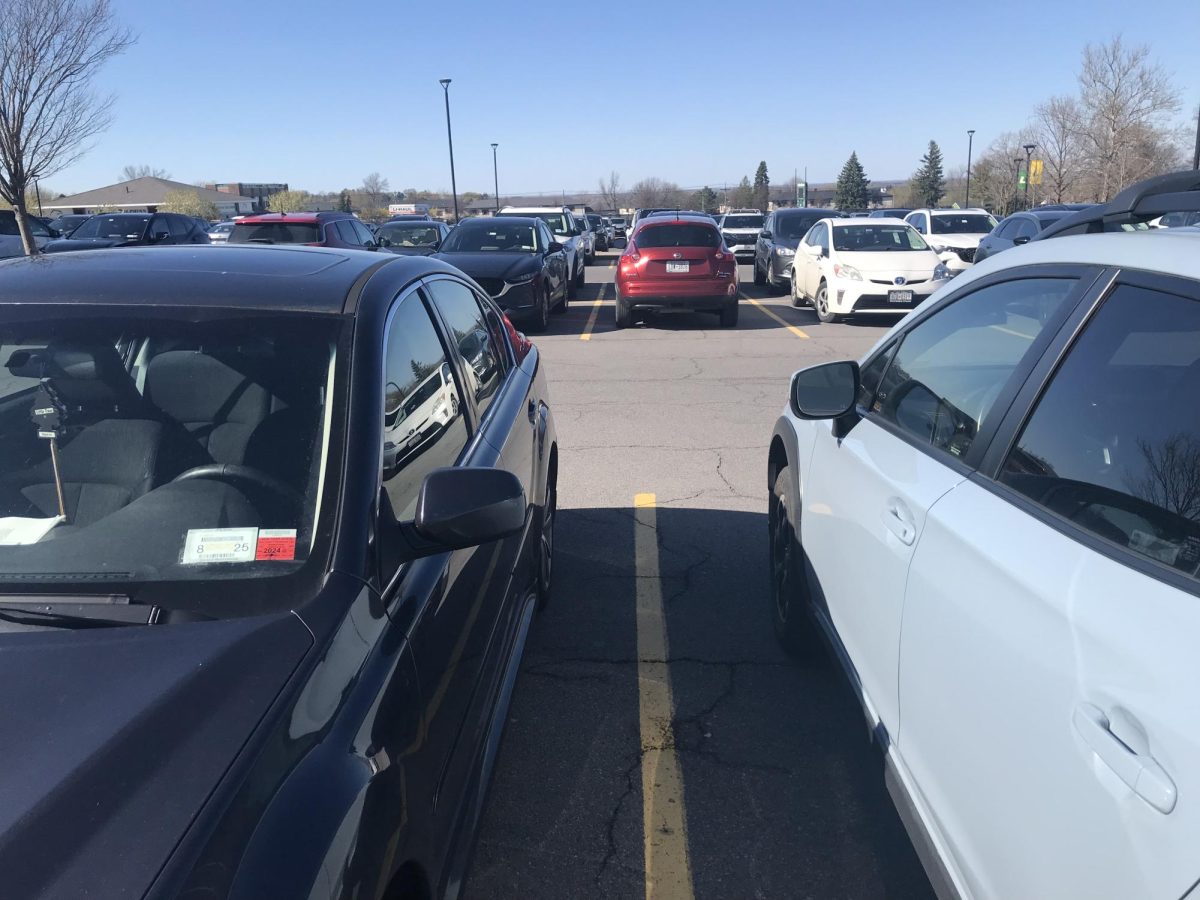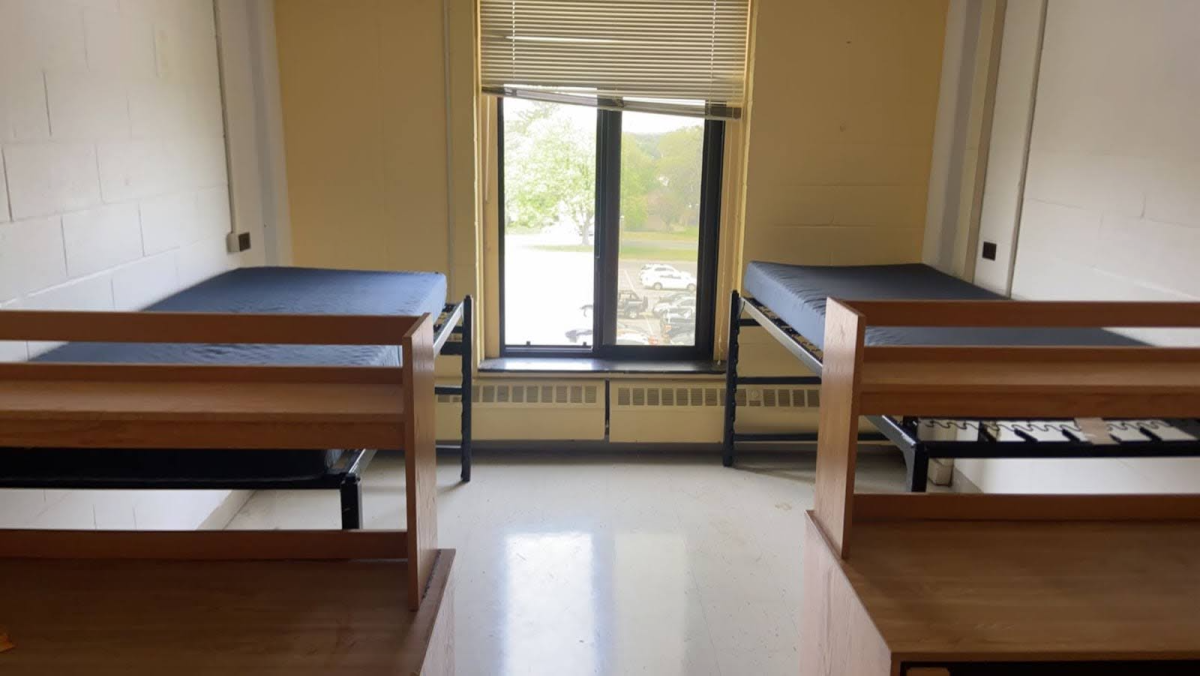Driving Change: Initiatives to Improve Commuter Parking
By La Quida Cummings
As a commuter student at Le Moyne, navigating the daily challenge of securing a parking spot has become as much a part of my routine as attending classes. With only three parking lots designated for commuter students (Lots C, AA, and A), the hunt for a parking space can often feel like a competitive sport, one where the stakes include being late for class or, in my case, receiving a $25 ticket for parking outside designated areas.
Despite paying $100 annually for parking, the return on this investment seems minimal when faced with the daily reality of circling lots, hunting down departing students, or, during event times, competing with guests for the same limited spaces. The fairness of this system— or lack thereof— is a question that looms large, especially when the struggle for parking leads to missed class time and undue stress.
However, in the spirit of constructive dialogue and seeking solutions, it’s essential to acknowledge recent developments that might herald a change for the better. In articles penned by Corinne Becker for The Dolphin, plans were discussed for new parking initiatives aimed at alleviating this perennial headache. Notably, the proposal to build a new parking lot in front of Mitchell Hall, primarily for faculty, could indirectly benefit commuters. By reallocating faculty parking, the hope is that more spaces will become available in the existing lots designated for students.
While this plan might raise eyebrows — why focus on faculty parking first? — the logic behind it holds merit. By providing faculty with an alternative, the trickle-down effect could indeed free up much-needed space in the commuter lots. This initiative, coupled with the exploration of adding more classes on Fridays to distribute parking demand more evenly throughout the week, represents a thoughtful approach to a complex issue.
As someone who has felt the impact of this issue firsthand—especially the long treks to classes from far-flung parking spots — the prospect of additional parking near Mitchell Hall is a welcome one. Not only would it ease access to classes located at the back of campus, but it would also represent a tangible acknowledgment of commuter students’ needs and concerns.
In closing, while the road to a resolution may still be under construction, the acknowledgment of the problem and steps taken towards its solution offer a glimmer of hope. As a community, our collective challenge is to navigate this transitional period with patience, understanding, and a shared commitment to finding workable solutions.
After all, the goal is a simple one: to make the pursuit of education at Le Moyne as accessible and stress-free as possible — for everyone.
Le Moyne’s initiative to address the parking situation reflects a broader understanding of its impact on student life and education. By continuing this dialogue and actively seeking student input, we can hopefully look forward to a future where parking is no longer a daily gamble but a seamless part of our college experience.
*
Parking Lots at Le Moyne Are Not Enough
By Kamilla Shahzad
Le Moyne College, like many other educational institutions, is a busy campus, with students rushing to classes, engaging in sports and extracurriculars, and striving to excel academically. However, amidst the pursuit of education, a significant challenge looms over the commuter students — the lack of parking space on campus.
This issue has escalated to the point where it not only disrupts the daily routine of students but also impacts their academic performance and overall experience at the college. Many commuter students recently have expressed their concerns in regard to the lack of space in the parking lots on campus. Five minutes lead to 15, and still no parking space is found, as the students circle around the lot carefully lurking and hunting for an empty spot, leaving them exasperated and stressed before they even set foot in their classrooms.
Arriving to campus 20 minutes earlier attests to the insufficient time when the students enter their classrooms 10 minutes late, disrupting the flow of the class and unable to fully engage in their studies themselves. The professors are unable to relate to these students as they mark them tardy, especially if they have reserved spots available closer to the buildings. Commuter students at Le Moyne College find themselves frustrated about this time-consuming ordeal every time they arrive on campus. The lack of adequate parking spaces forces them to navigate congested lots and sometimes even park illegally on the side of the main road. These students then receive parking violation tickets, and upon appeal the Le Moyne authorities refuse to understand their helplessness.
Recently, plans for additional parking spots being added have sparked a sense of optimism among students, who eagerly anticipate improvements that will alleviate their daily struggles. This parking issue faced by the commuter students requires proactive measures by the college authorities to improve accessibility. By acknowledging and addressing these concerns, the college can foster a more inclusive and supportive environment where all students can thrive academically and personally.







